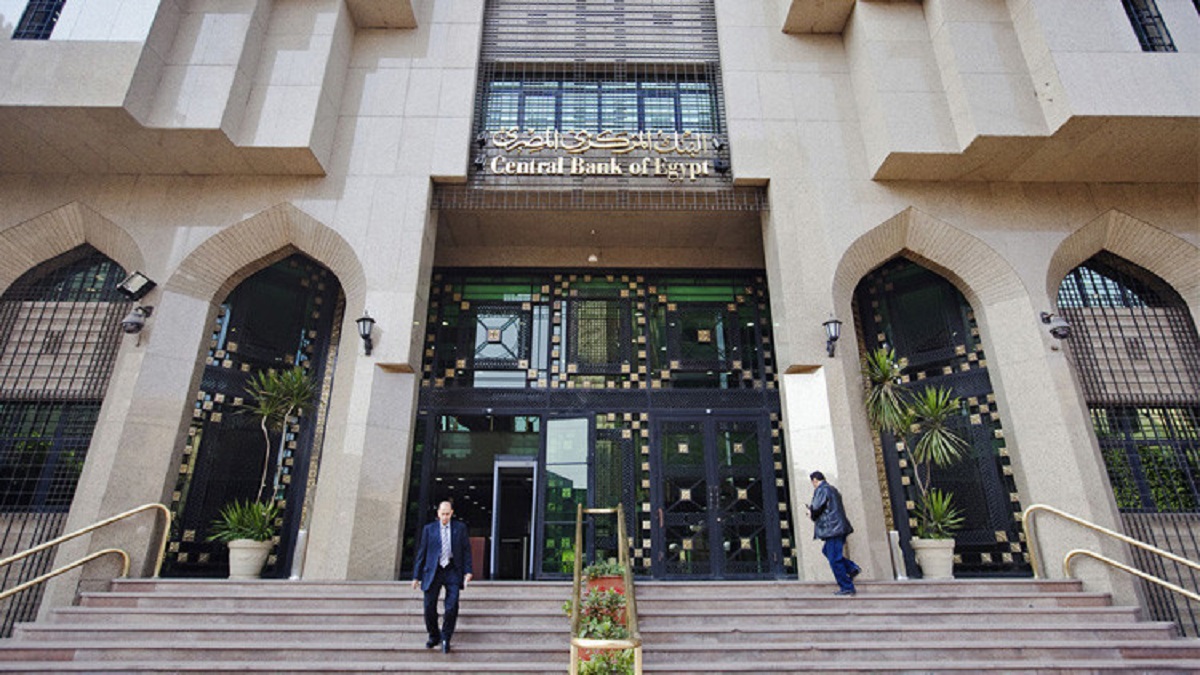As Egypt writes its new constitution, political analysts and commentators are keeping a close watch on legislation that will safeguard individual religious and political freedoms. These concerns are crucial and most citizens can perceive how laws to promote individual liberties can help to shape Egypt’s future social and political landscape. I wish, however, to draw the reader’s attention on an important public institution, the Central Bank of Egypt, and I wish to spell out how its functioning can affect the welfare of Egyptians in a manner that is perhaps not so obvious. Finally I will argue that there is a pressing need to redefine the legal status of the CBE in the new constitution as a public institution enjoying full independence from the government’s authority.
The CBE as we know it today was granted the status of an autonomous institution in 1961 in the era of the United Arab Republic. The CBE, as any other central bank performs a range of activities, the main ones being lending to commercial banks, stabilizing the national currency and setting the short-term interest rate. It is clear that the policies of the CBE must take into account a host of factors such as the amount of foreign aid received by the country, as well as the monetary policies pursued by sister central banks (especially those of Egypt’s main trading partners.) Furthermore, the CBE must harmonize its policies with the government’s economic policy objectives.
There is a sense however that in Egypt we may have gone unreasonably far in this harmonization of activities between the CBE and government. Presidential Decree Number 17 of 2005 effectively strips the CBE of any autonomy. The decree states that the CBE will set the objectives of monetary policy “in agreement with the government, through a Coordinating Council”, and that this council is chaired by the Prime Minister, and comprises amongst its members the minister of finance, the minister of investment and the minister of planning.
To understand why government meddling with the activities of the CBE is harmful to the majority of Egyptians, we only need to recall that one central problem inflicting Egypt’s economy is that of the high level of unemployment characterizing its labor market. It is well known that high levels of unemployment help to sustain high levels of profits for capitalists, while keeping the bargaining power of workers minimal. The persistence of unemployment in a country where labor is inexpensive is of course something of a paradox, and a problem that needs to be remedied.
One reason that unemployment remains high has to do with the way the CBE sets the interest rate at a level lower than what would benefit the majority of Egyptians. By raising the interest rate, borrowing would become expensive for capitalists, and thus capitalists would naturally have to switch modes of production toward labor-intensive technologies. This shift would benefit ordinary Egyptians in three different ways.
First, an increased demand for workers would boost employment and wages. Secondly, a high interest rate encourages workers to save, and helps to generate additional income streams for those who have some savings. Finally, a high interest rate tempers inflation, and thus the erosion of wages for the young, and the erosion of pensions for the elderly. A high interest rate also cuts profit margins for capitalists, and thus this is one effective way of redistributing wealth in a country where greater social justice is needed.
While the current practice in Egypt is that the prime minister chairs the Coordinating Council of the CBE, most democracies exclude this form of government interference. Take for instance the context of the United Kingdom. There, the Bank of England’s Monetary Policy Committee has devolved responsibility for setting the interest rate. The relevant 1998 Parliamentary Act grants the Treasury (the counterpart to Egypt’s Ministry of Finance) the right of intervening with the decisions of the Monetary Policy Committee only to the extent that this is required in the public interest and in extreme economic circumstances. Furthermore, the Treasury’s intervention must be endorsed by Parliament within 28 days to become legally binding.
The way to guarantee that the CBE safeguards the interests of ordinary Egyptians –– not those of a handful of capitalists –– is to shield monetary authorities from mingling by the government. This is all the more important in the context of Egypt: its recent political process is so clearly intertwined with a struggle to safeguard business interests and economic privileges for some.
Thus, to ensure a bright future for a modern and democratic Egypt, public institutions ––institutions that belong to Egyptians –– should be granted genuine legal independence. We are all aware of the benefits an independent judiciary can provide to safeguard democracy. An independent Central Bank is equally vital for promoting the well being of Egyptian citizens. Thus, Egypt’s upcoming constitution must provide a legal basis for safeguarding the independence of the CBE. Only then will the CBE cease to distort its policies to serve the interests of a handful of capitalists, and will tailor its policies towards the benefit of the wider public.
Hany Abul Naga is an economist specializing in income distribution and the public sector.



